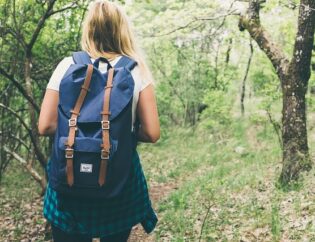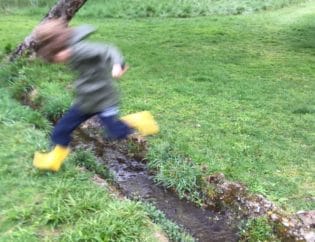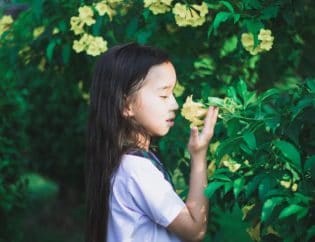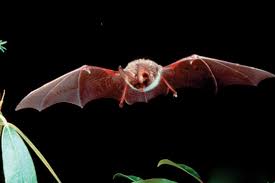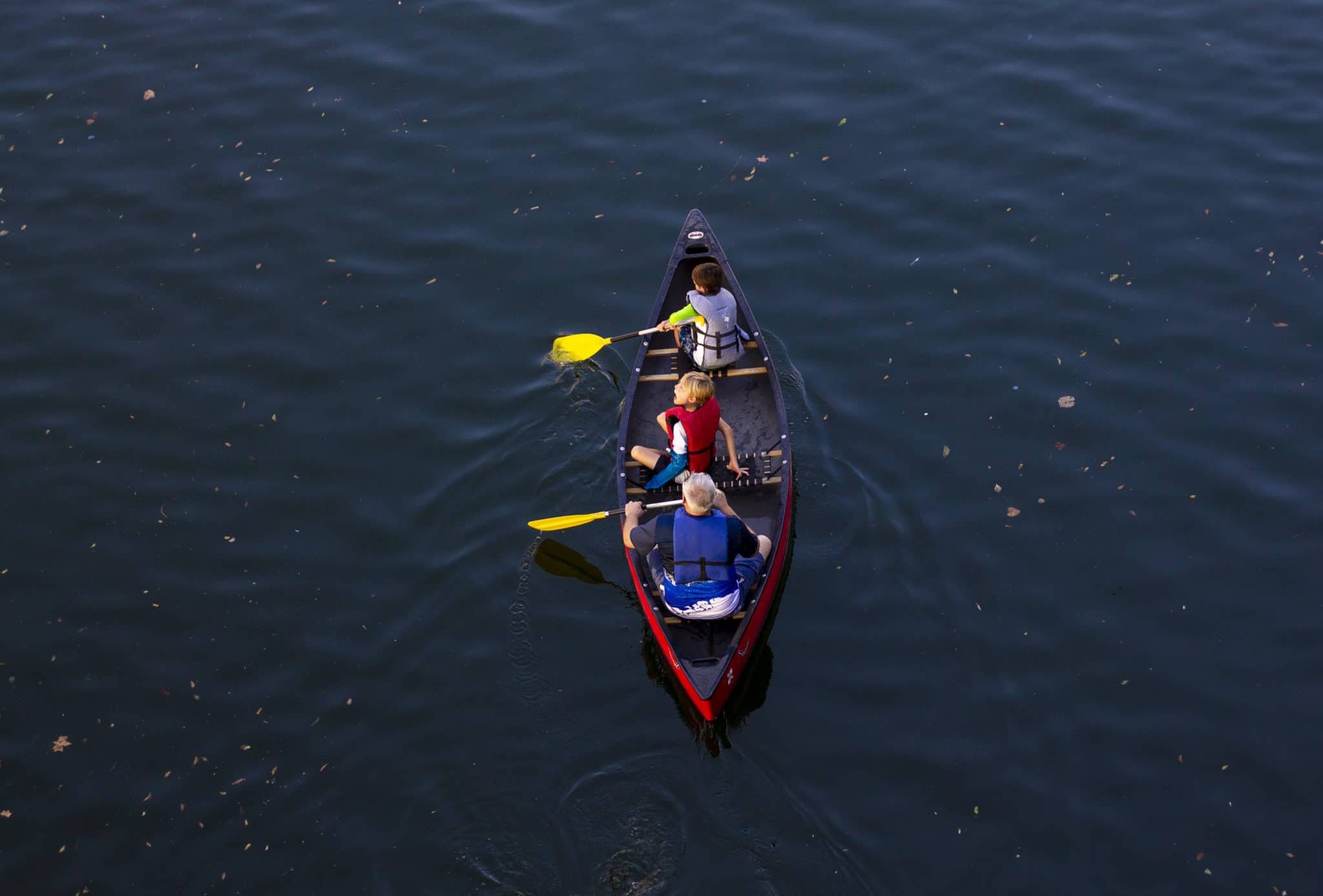
We’re living in stressful times: a polarized society experiencing economic, social, and racial tensions; a global pandemic changing life as we know it; a grim outlook for the state of our planet. Kids pick up on this stress. They are not immune to it.
As you might guess, stress, anxiety, and depression are on the rise in children. Even worse, resilience is on a downturn. The dip is especially noted in adolescents and young adults. Colleges and universities report that they can’t keep up with the mental health needs of emotionally fragile students often overwhelmed by fear of failure.
Kids need resilience if they are to live mentally healthy lives. Resilience helps us cope with stress and adversity. It helps us recover from difficulties and failures. Resilience makes us more willing to try new and challenging things. It’s a helpful trait to have as an adult or a child, with so much stress in the world. Resilient kids recover more easily from setbacks, “bouncing back” if they fail.
As parents, we want to raise “resilient kids” but how exactly do we do that? How do we give our kids resilience? Are they just born with it or not?
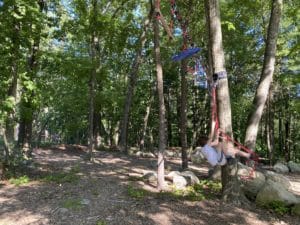
The good news is that resilience is not a “trait” that children do or do not possess. It is dynamic, shaped by our experiences. And it can be developed at every age, though experts say that there are windows of opportunity, such as in early childhood when brain plasticity is surging. Resilience in kids improves their stress level as well as their sense of well-being. But it doesn't come easy. Kids have to earn it. And, regardless of if they are a toddler of a teenager, nature offers many chances for them to do so.
The effect of nature on the mental well-being of children has been well-documented and continues to grow. Researcher Louise Chawla was one of the first to see the connection between a strong sense of resilience and a connection to the natural world. Back in 2014, Chawla looked at how green space might reduce children’s stress and promote protective factors associated with resilience. She found that not only did children experience peace, calm, and relaxation in their green schoolyards and gardens, but they also experienced opportunities to feel competent and opportunities for the development of supportive social relationships, which are important protective factors for resilience.
Other studies support the potential for nature experiences to strengthen resilience. A 2015 study by researchers Buchecker and Degenhardt found that nearby nature significantly increased individuals’ emotional well-being and resilience. And a study 2014 found a positive effect on the resilience and well-being of First Nations adolescents in Canada after a 10-day outdoor adventure leadership experience.
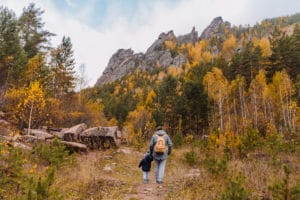
And what about young children? Studies have looked at this age group as well. In one study, two groups of children were observed: one group attending a nature preschool; the other group attending a high quality, play-based, non-nature preschools. The study showed that the nature preschool group made significantly greater growth in protective factors relating to resilience than children in the non-nature preschool group, suggesting that nature play can positively influence curiosity, creative thinking, resilience, and executive function skills.
While it’s useful to have researchers provide us with evidence on the benefits of nature connection for resilience, as parents, we see nature teaching our kids to be more resilient every day. Think about when you take your children on a long hike, as you may have during the Covid-19 pandemic with hiking providing an excellent social distancing activity for families. On a long hike, a child may be hungry, tired, and thirsty at times (let’s face it, the snacks do run out early than we plan most hikes). But a hike is a commitment—and often it is a group commitment. Yet there’s a reward waiting at the end, perhaps of a view or maybe a refreshing dip in a watering hole. Even when they are tired or uncomfortable, kids have to keep going, putting their needs to be comfortable aside until the hike is over and earn the reward. And the reward feels so much better, so much more earned. That’s resilience. Not just recovering easily from a setback but feeling even more accomplished than before you started.
With its myriad of challenging situations to navigate (long hikes, tough paddles, buggy campsites) nature is an excellent provider of challenging situations for children. Nature’s challenges help children experience those key character-building hardships that are not exactly abundant in modern childhood. In essence, the outdoors is one of the last refuges of resilience training today.
Sources:
Clinic and park partnerships for childhood resilience: A prospective study of park prescriptions


